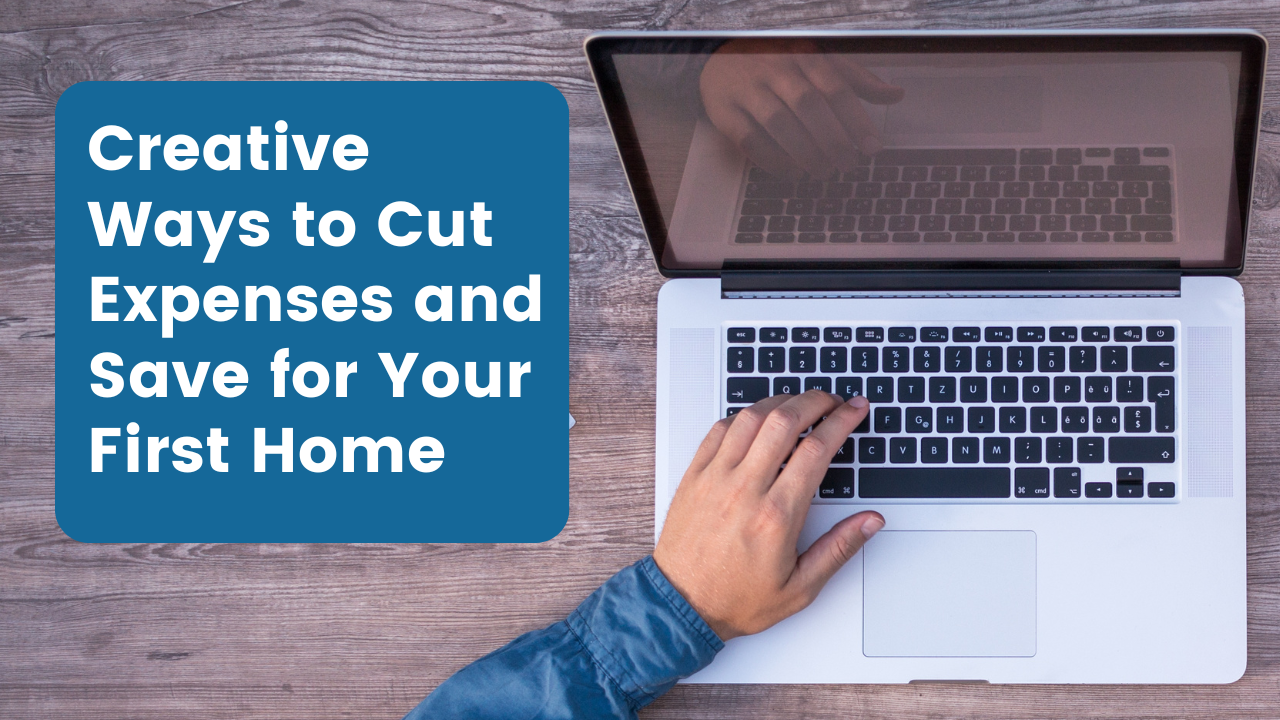
Is Your Dream House Bigger Than Your Budget?
Article from Benzinga with commentary from Vantage president Andy Harris
You’ve been feeling cramped in your current living situation and are now prequalified for an impressive home loan amount. But before you put in an offer on your dream home, ask yourself whether you can really afford that much house.
“Most buyers will qualify for more than what they want to spend,” says Andy Harris, owner and president of Vantage Mortgage Group in Lake Oswego, Oregon, and treasurer of the National Association of Mortgage Brokers.
“When I sit with clients, I start off every conversation by asking, ‘What’s your preferred monthly payment and your down payment budget?’” Harris says. “Then I emphasize what’s realistic for today’s market.”
What can you actually afford?
Unlike some other major purchases, calculating a mortgage payment isn’t a simple matter of dividing the total loan amount by the number of months in the loan period.
A monthly house payment includes mortgage principal as well as interest, property taxes, homeowner’s insurance and, potentially, mortgage insurance. It’s important to sit down with a mortgage professional to discuss what these additional items will actually add to your principal.
Then there are all the other costs of living. You aren’t simply trading a rent payment for a mortgage payment. You’ll need to estimate the expenses for utilities, homeowners association dues, landscaping costs, potential home repairs and even gas for driving into the office from your new address.
In some cases, you may not have been paying for certain utilities while renting, such as water, sewer or trash pickup, but you will as a homeowner. Add these to existing expenses like credit card debt, daycare costs, and groceries, as well as what you’d like to put aside in savings for goals or emergencies.
Compare the total of your existing debt obligations to your monthly household income. Lenders refer to this as the debt-to-income ratio,or DTI. It’s the percentage of your income that is dedicated to debt each month, and it’s a major factor in the approval process. It’s also why people may qualify for higher loan amounts than they can reasonably afford.
Harris says that conventional loans backed by Fannie Mae and Freddie Mac are often much more forgiving in terms of DTI than non-conventional lenders such as private banks.
“Those conventional loans often accept DTIs that are up to 40 or 50 percent of gross income, so their acceptable debt ratios are quite flexible.”
But just because you are approved for a huge amount doesn’t mean you should borrow that much. It may leave you in a crisis, with nothing left for emergencies.
“What I like to see, if someone has low debt, is for them to leave some room for post-closing reserves to cover unexpected repairs and so forth, so that there’s some liquidity somewhere for emergencies,” says Harris. (It’s always good to have enough money to cover three to six months’ worth of expenses in case you lose your job or have another emergency.)
What’s possible in your market?
If you live in a market where inventory is low and affordable homes are scarce, you might have to make some concessions to align with your budget. According to National Mortgage Professional Magazine, home prices nationwide have increased in the last few years due to a combination of strong job gains, population growth, attractive mortgage rates and low inventory.
“If someone sets a budget and realizes that dollar amount is below-market, they might need to go outside the area, restructure their budget or find a smaller ‘move-up’ house to stay in for a few years, just to get into the market,” he says.
“That’s a conversation to have with a mortgage professional … A lot of it is perspective. Sometimes, millennials will see a house that needs work and not see the potential for investment there, but other, more seasoned buyers will. It’s that old saying, ‘champagne tastes with a beer budget.’ You have to know realistically what you can fit into.”
Talk to a mortgage pro first
Harris advises doing your due diligence and finding a mortgage professional you can trust.
“Don’t enter the market without talking to a mortgage professional and being preapproved,” he says. “Going to look at houses with a real estate agent is the fun part — people get attracted to a house and have emotions attached.”
He also suggests you get advice from a neutral mortgage expert.
“The agent might, intentionally or unintentionally, steer them toward a preferred lender that may not be in the consumer’s best interest. So they’re now paying a high rate or agreeing to terms that aren’t right.”
To help keep you grounded in your financial reality, consult a mortgage professional before visiting open houses with your agent.



